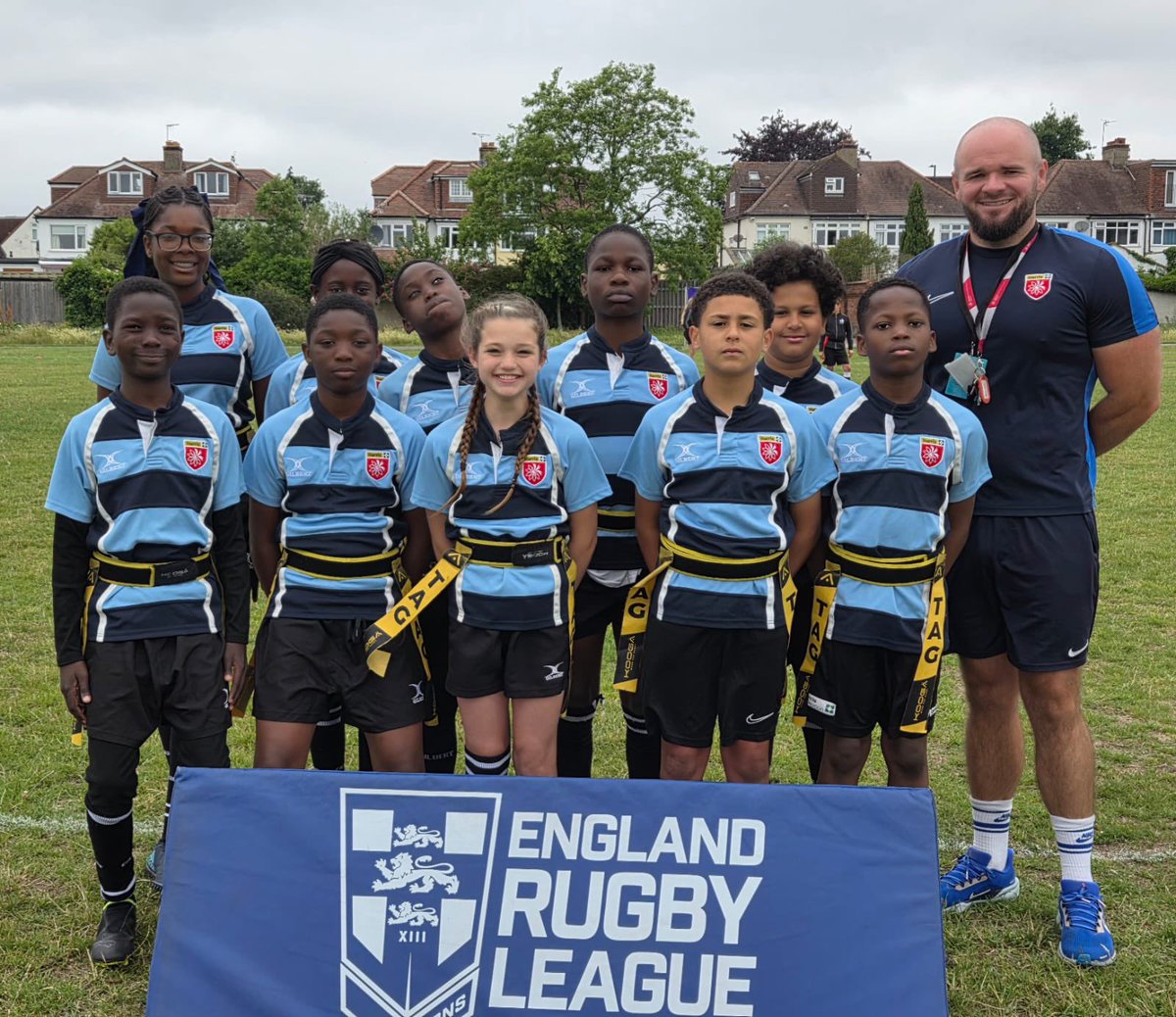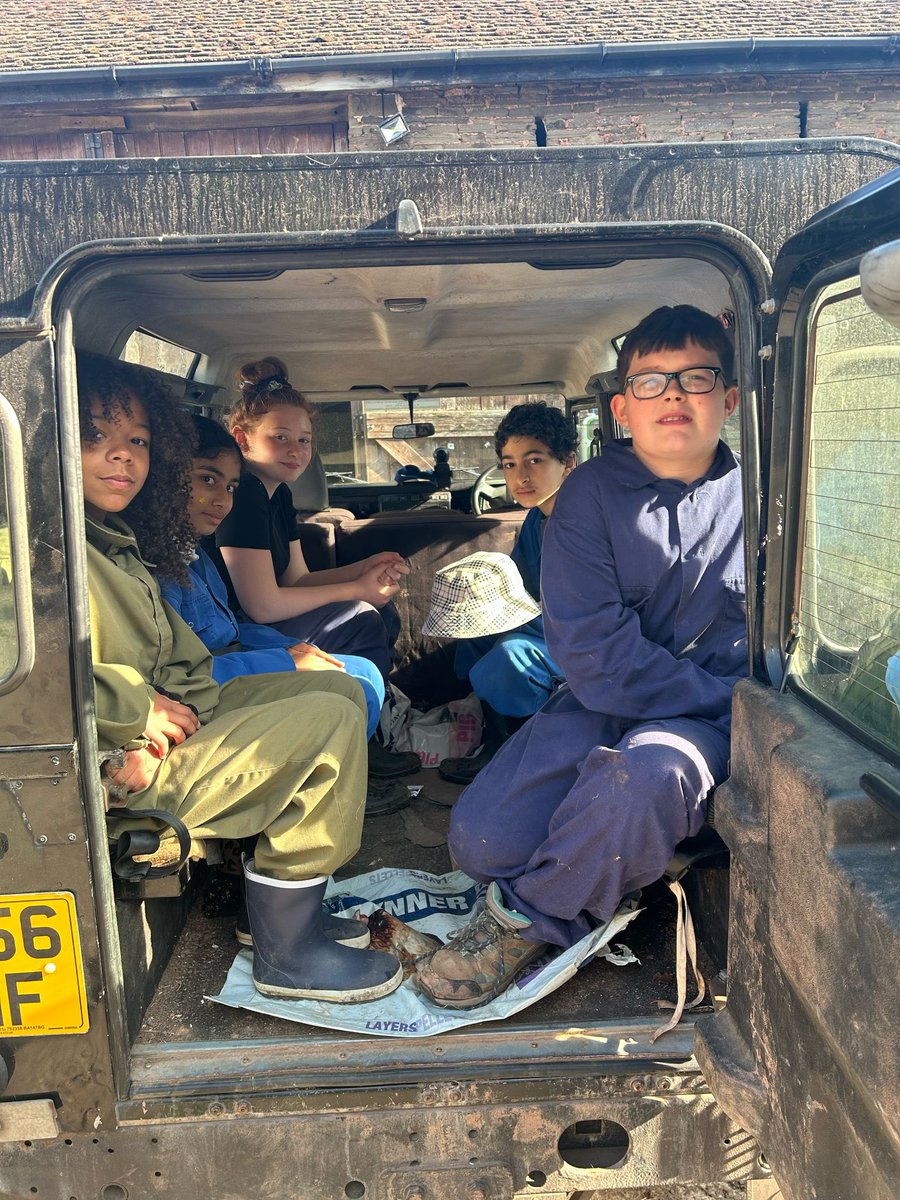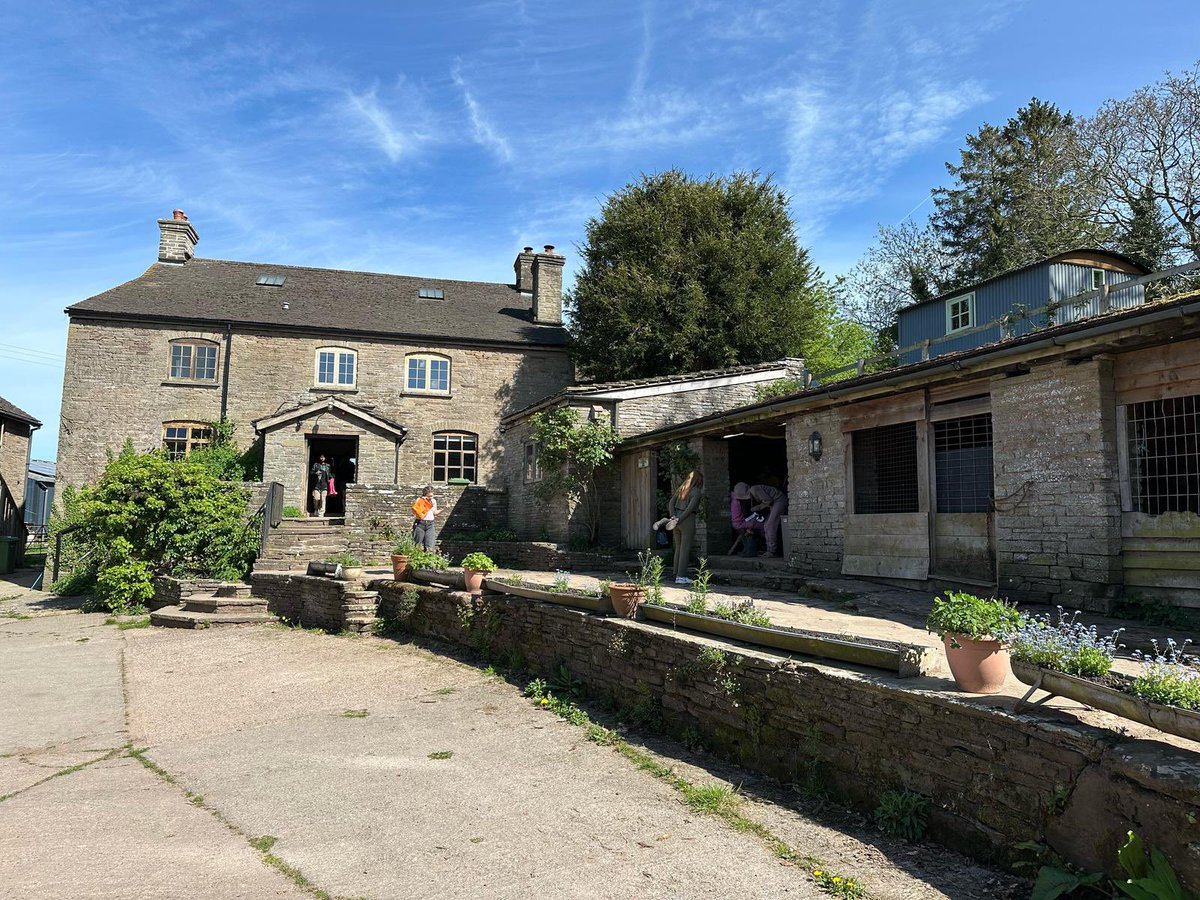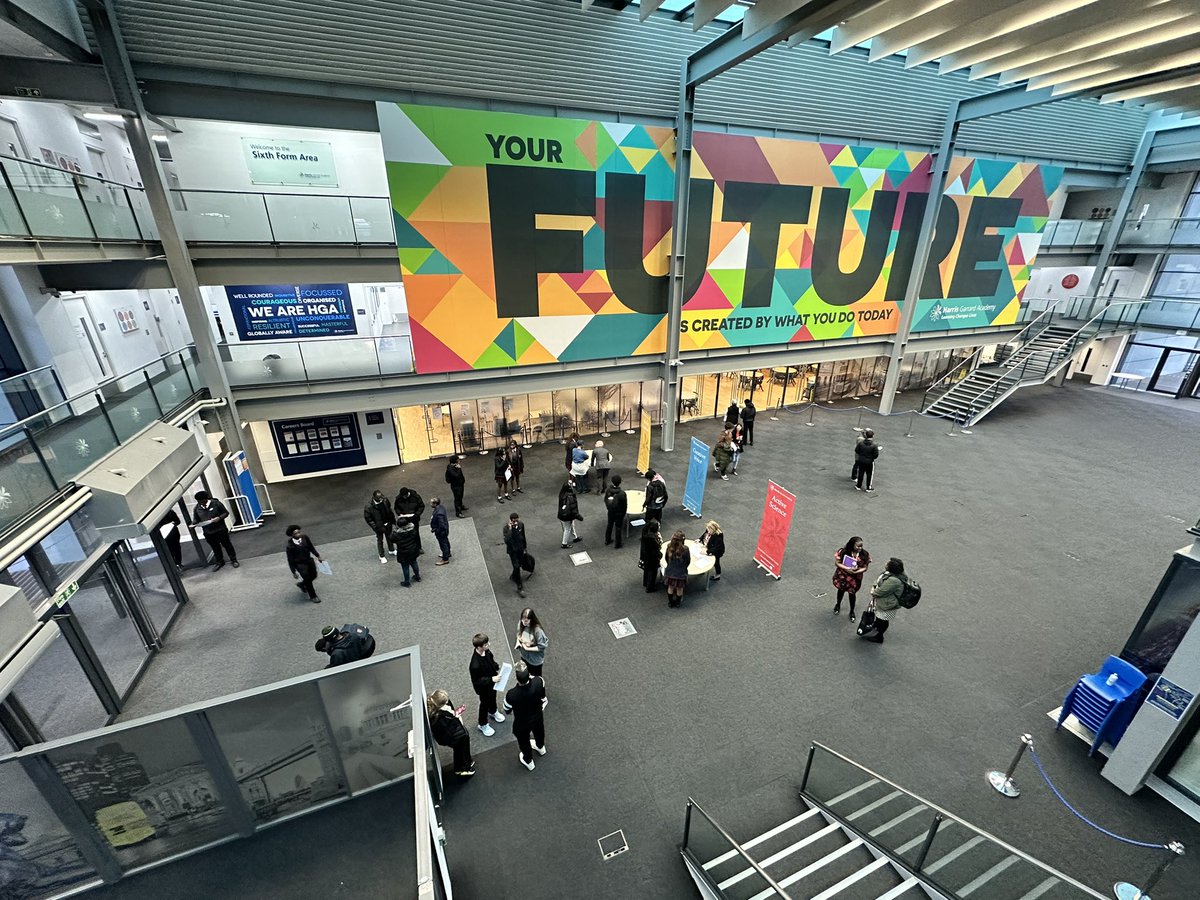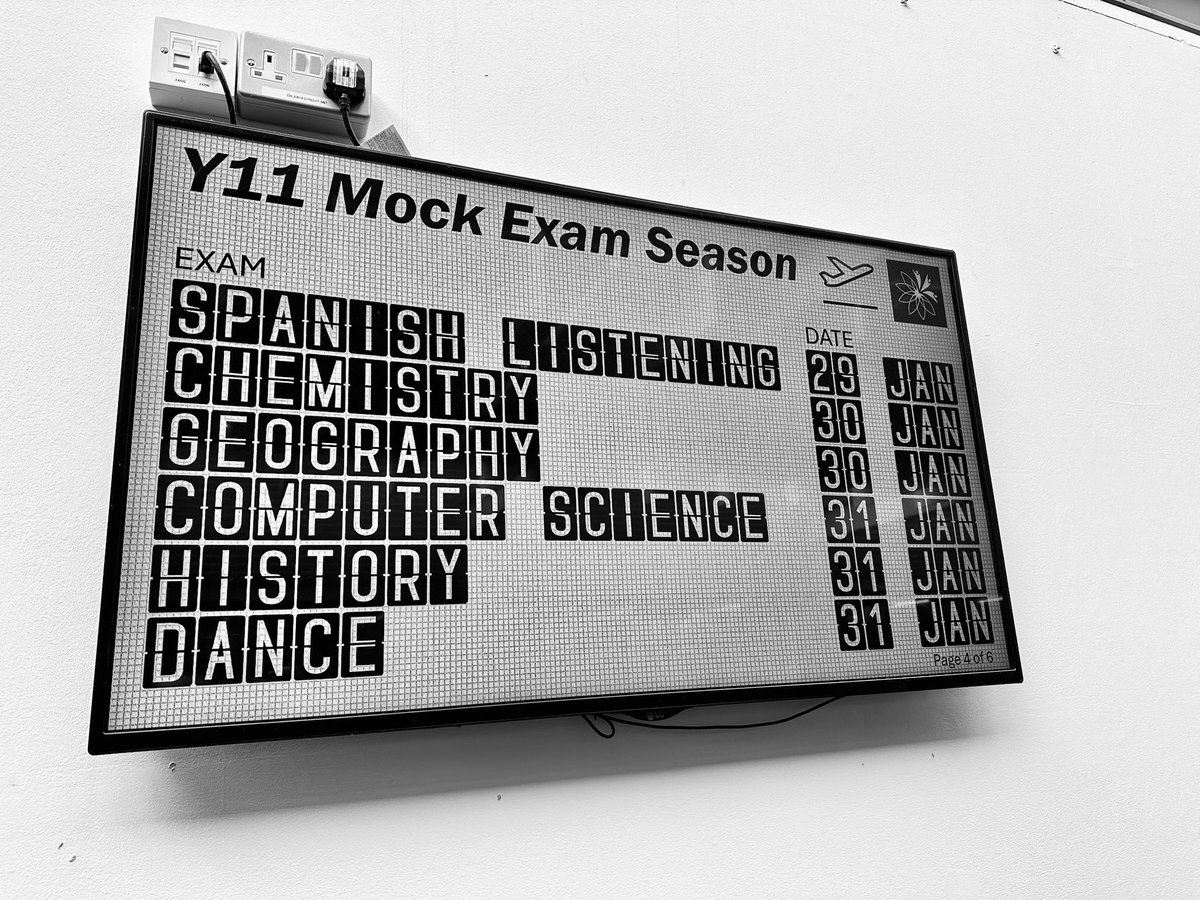Equalities & Additional Intervention
We believe that all children should be equally valued at our academy. We will strive to eliminate prejudice and discrimination, and to develop an environment where all children can flourish and feel safe. We have a range of agreed policies to help us do this (see bottom of page).
Harris Garrard Academy is committed to inclusion and part of the academy’s strategic planning involves developing cultures, policies and practices that include all learners. We aim to engender a sense of community and belonging, and to offer new opportunities to learners who may have experienced previous difficulties. This does not mean that we will treat all learners in the same way, but that we will respond to learners in ways that take into account their varied life experiences and needs.
We believe that educational inclusion is about equal opportunities for all learners, whatever their age, gender, demographic group, ethnicity, additional need, attainment and background. We pay particular attention to the provision for and the achievement of different groups of learners:
- Students from families that are financially disadvantaged (PP - Pupil Premium)
- Students who arrive with below nationally expected ability in any area (LAPs)
- Students from minority faiths, ethnicities, travellers, asylum seekers, refugees
- Students who have English as an additional language (EAL)
- Students who have Special Educational Needs or a Disability (SEND)
- Students who are Most Able
- Students who are Lesbian, Gay, Bisexual or Transgender (LGBT)
- Students who are Looked After Children (LAC)
- Young carers, sick children, children from families under stress
Harris Garrard Academy Mental Health Booklet
It is always important to take care of our mental health, keep ourselves healthy and look after those around us. Mental health is something that often cannot be seen by anyone other than the person dealing with it, but it should not be like that.
You can get support and help from people in school, but we know that sometimes you may need extra support from other agencies, so we have included some of the links to these in our HGA Mental Health Booklet.
The pack has been developed to support you with strategies that you can use either by yourself, or at home when you need a little help.
Click HERE to download the HGA Mental Health Booklet.
Pupil Premium
- Improving self-efficacy and self-esteem of our disadvantaged students to ensure they are empowered to achieve anything in life and their true potential. Background does determine outcome.
- Improving emotional, mental and social wellbeing to ensure we are breaking down barriers that can inhibit learning.
- Improving low aspirations to ensure our students are empowered to explore careers that will give them fulfilment and challenge in life.
- Improve inconsistent and erratic attendance patterns when they enter the academy in Year 7.
- Narrow the gap in attainment and progress that typically exists on entry between our disadvantaged and non-disadvantaged students.
- Improve their aspiration, knowledge, information and guidance for all disadvantaged students, in particular, those who are most able and disadvantaged.
- Regardless of starting points, ensure that all disadvantaged students make positive progress and attainment, whilst continuing to outperform national disadvantaged students in all comparisons.
- Through our home visit programme, ensure that students have stability, resources, routines and the basic needs at home to flourish at school.
- Providing the basic resources that may be taken for granted by other students to ensure they receive equality of opportunity to be successful at the academy.
The academy has a Pupil Premium Champion to promote the above. They will work with the Vice Principal Pupil Premium Champion to help ensure our disadvantaged students always outperform national Pupil Premium students. They will help to:
- Improve students' intrinsic motivation to succeed and change some negative educational experiences for some
- Develop and increase cultural life experiences that help our students compete with those who have the same academic qualifications but who come from more affluent backgrounds and have experienced a wide range of cultural learning
- Teach students to find solutions to problems rather than to give up when they come to a barrier. Developing the resilient learner, regardless of background and experience.
Most Able students
To find out how we identify and support our Most Able students please see our Most Able page.

